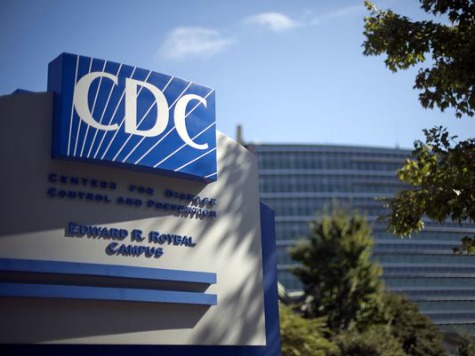The U.S. government estimates that the number of cases of autism has increased by 30% in two years. That number, a consensus agrees, has increased, not because autism has gotten more common, but because doctors are diagnosing the disease more often.
The Centers for Disease Control and Prevention reports that one in every 68 children suffers from autism, as opposed to one in 88 two years ago.
Marisela Huerta, a psychologist at the New York-Presbyterian Center for Autism and the Developing Brain in suburban White Plains, New York, explained, “We can’t dismiss the numbers. But we can’t interpret it to mean more people are getting the disorder.”
Diagnosing autism is not clear-cut; there are no blood tests or any other medical tests to confirm the diagnosis. The CDCP report was comprehensive, with data collected in 2010 about eight-year-olds from 11 states: Alabama, Arizona, Arkansas, Colorado, Georgia, Maryland, Missouri, New Jersey, North Carolina, Utah, and Wisconsin.
Coleen Boyle, the CDCP official who runs research into children’s developmental disabilities, said it was unclear why there was a substantial increase in diagnoses of autism. She said, “We cannot say what portion is from better diagnosis and improved understanding versus if there’s a real change.”
The parameters of autism have changed; they used to include children suffering from severe language, intellectual, and social impairments, as well as unique repetitive acts. Now, the parameters also include milder conditions that went unremarked before. For example, the new report cites that roughly half of the children with autism had average or above average IQs. Higher by one-third than ten years ago, that number indicates the wider latitude in diagnosing autism.
Despite the higher number of children diagnosed with autism, the age that children are diagnosed has remained steady; most of them are at least four years old. Noting the increase in autism diagnoses, Dr. Susan Hyman, the head of an American Academy of Pediatrics’ autism subcommittee, said, “It’s critical that we as a society do not become numb to these numbers.”

COMMENTS
Please let us know if you're having issues with commenting.